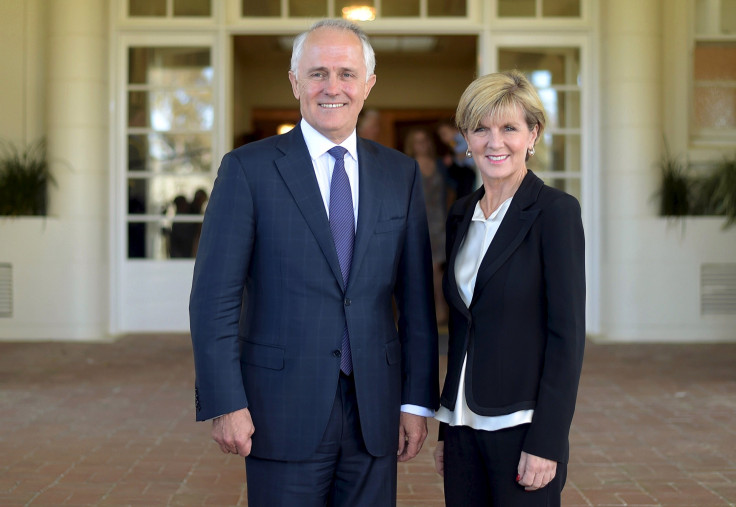Australia urged to leverage growth in South East Asia and look beyond China

Australia is the most ideal candidate to gain from the economic transformation taking place in the many Asian countries in its neighbourhood.
According to SAP Asia Pacific Japan president Adaire Fox-Martin, whose study of growth in Asian economies departs from the conventional analysis of equating Asian growth with that of China, the fulcrum of the global economy is now shifting to Asia and many countries are keen to leverage the opportunities.
Calling it a powerhouse region, Martin said South East Asia can add the equivalent of three euro-zones to the global economy in the next two decades.
In an article published in Business Insider, the expert said the habit of people thinking of Asia with China at the top and India at the bottom needs to go. It is time instead to focus on the middle — South East Asia.
“The truth is that from a South East Asia perspective there are 600 million people that now live in the ASEAN Economic Community and it’s a US$2.4 trillion (approx. AU$3.37 trillion) economy," she noted.
Australia’s proximity
Martin sees big opportunities for Australia from the growth drivers in the Asia Pacific region, simply because of its proximity. The growing Asian economies will be a huge opportunity for Australian talent.
“I think that we should be filling this talent pool with Australians, not with Americans or Europeans. For my goal in Asia, Australia is my talent pool,” Martin noted.
She noted that most of these countries have a commonwealth background and share close affinity with Australia’s political structures.
Calling for Australian leadership to explore the economic opportunity from the ongoing modernisation programs in India and several South East Asian economies with its talent pool and products, Martin said the infrastructure bills will have a substantial IT component.
According to Martin, South East Asia’s economic community AEC, is huge and is similar to the European Union sans a single currency.
Youth market
Martin also called for Australia to explore the higher education market. She said youths make up 60 per cent of the 500 million population right now, and by 2025, millennials in the region will constitute 25 per cent of the workforce.
“From an Australian university point of view, if you go to any university in Australia the campuses are hugely mixed with a number of overseas, particularly Asian students, who are there on a 100 percent uplift of their fees because they’re not Australian citizens,” Martin added.
MBA rankings
Meanwhile, Australia's Macquarie Graduate School of Management's MBA degree has been ranked 28th in the latest global rankings from The Economist magazine. It is up from the 49th rank, of 2014.
“We've been surprised, but it's a pleasant surprise," said Alex Frino, dean of the Macquarie Graduate School of Management.
Now Australia has two MBA schools in the world's top 30. The University of Queensland Business School is already ranked 16th in the world, reports The Australian Financial Review.
For feedback/comments, contact the writer at feedback@ibtimes.com.au or let us know what you think below.




















